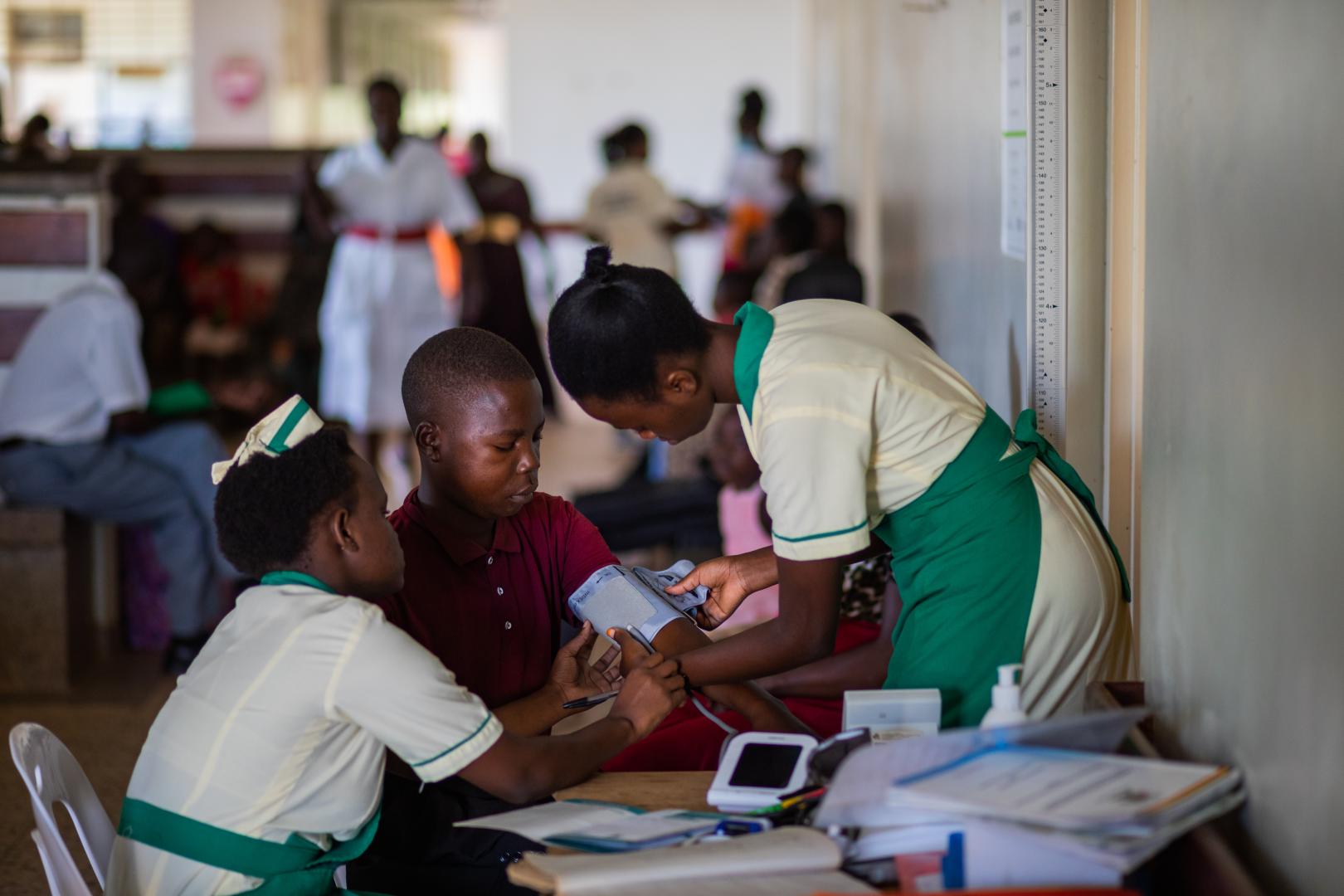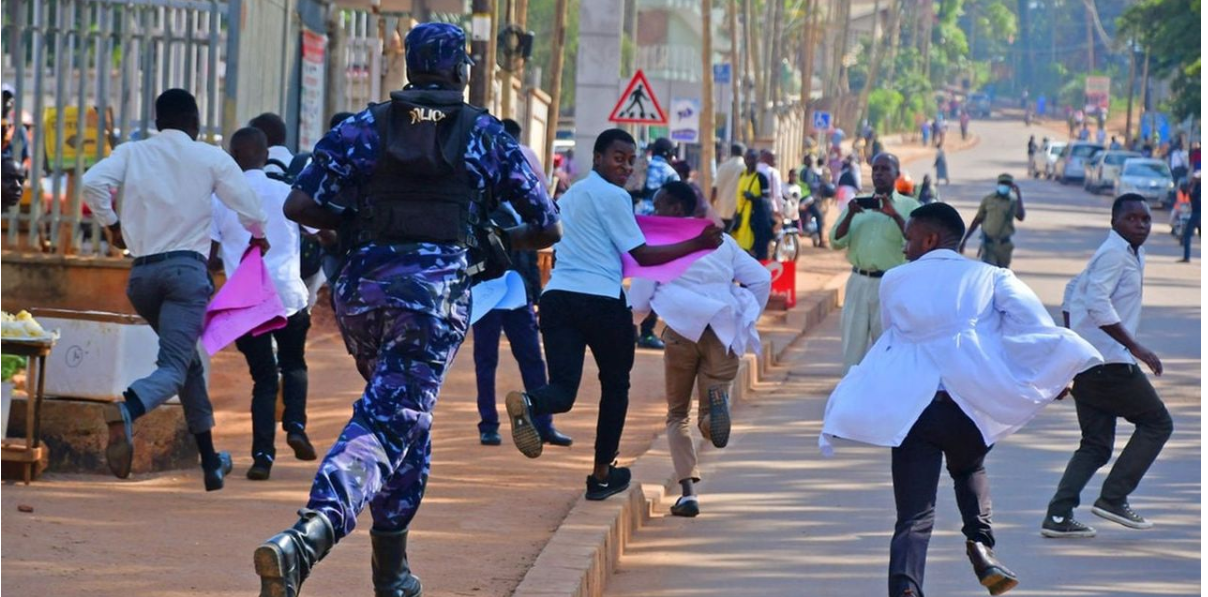Using lockdowns to control the spread of the COVID-19 pandemic significantly increased teenage pregnancies and school dropouts, a study finds.
Researchers say they conducted the study to determine whether the restrictions enforced in rural Kenya in 2020 caused harm to girls and women, as has been the case in previous disease outbreaks where emergency policies were introduced.
“We were concerned what the unintended harms reported in Kenya media would mean for girls’ longer-term life-chances and equity,” says Garazi Zulaika, the lead author of the study and epidemiology technical officer at the Liverpool School of Tropical Medicine in England.
“We set out to see if these anecdotal reports [on COVID-19] were supported by data generated in our school-based trial in [Kenya’s] Siaya county.”
The study published last month (13 January) in BMJ Global Health says that the pandemic and school closures during lockdowns “had significant harmful effects on schooling and girls’ sexual activity, including increased pregnancy incidence and possible sexual coercion”.
According to the study, 507 adolescent girls in secondary schools in rural Kenya who were out of school for six months during the COVID-19 lockdown in 2020 were twice as likely to become pregnant and three times more likely to drop out of school than 403 who completed school in March 2019 before the pandemic.
“The sexual and reproductive health and schooling outcomes of these girls were affected in multiple ways, with girls reporting heightened sexual debut, sexual coercion and school transfer relative to girls who completed secondary school in the prior year,” the study explains. “Among girls experiencing COVID-19 school closures and restrictions, the incidence of dropout was 9.4 per cent versus 3.2 per cent in the pre-COVID-19 cohort.”
The researchers warn that such harms could have long-term effects on the health and livelihoods of the affected girls.
Zulaika tells SciDev.Net that the sexual health and schooling outcomes in a group of girls graduating from 12 schools in Siaya county in western Kenya, in November 2019 were compared with a second group of girls who would have graduated from the same 12 schools in November 2020 but whose schooling was interrupted due to school closures.
“Our study highlights that schools are not only essential spaces for learning, but lifelines for adolescent protection, health and wellbeing,” says Zulaika, adding that school closures denied girls access to “these safe spaces, leaving them vulnerable to conditions found outside of school and leading to heightened rates of undesired sex and teen pregnancy.”
Zulaika believes there is a need to reduce the financial burden of schooling to encourage pregnant girls to return to school.
Gender-sensitive policy responses and interventions to mitigate the effects of health emergencies on individuals and communities especially in rural areas are urgently needed, the study says.
Caroline Kabiru, head of the Population Dynamics and Reproductive Health and Rights Unit at the Kenya-headquartered African Population and Health Research Center, tells SciDev.Net that during lockdowns adolescents may lack access to critical sexual and reproductive health information and services, and to contraceptives.
Ensuring that adolescents receive the information and services they need requires an innovative, community-centred approach, she says.
“The efforts needed to ensure the wellbeing of adolescents during lockdowns go beyond the health sector,” Kabiru adds.
“[This] should include other sectors such as education and social protection that ensure that adolescents are able to continue learning and have adequate resources because, for some, risky sexual activities may stem from boredom or transactional sex due to limited financial resources.









